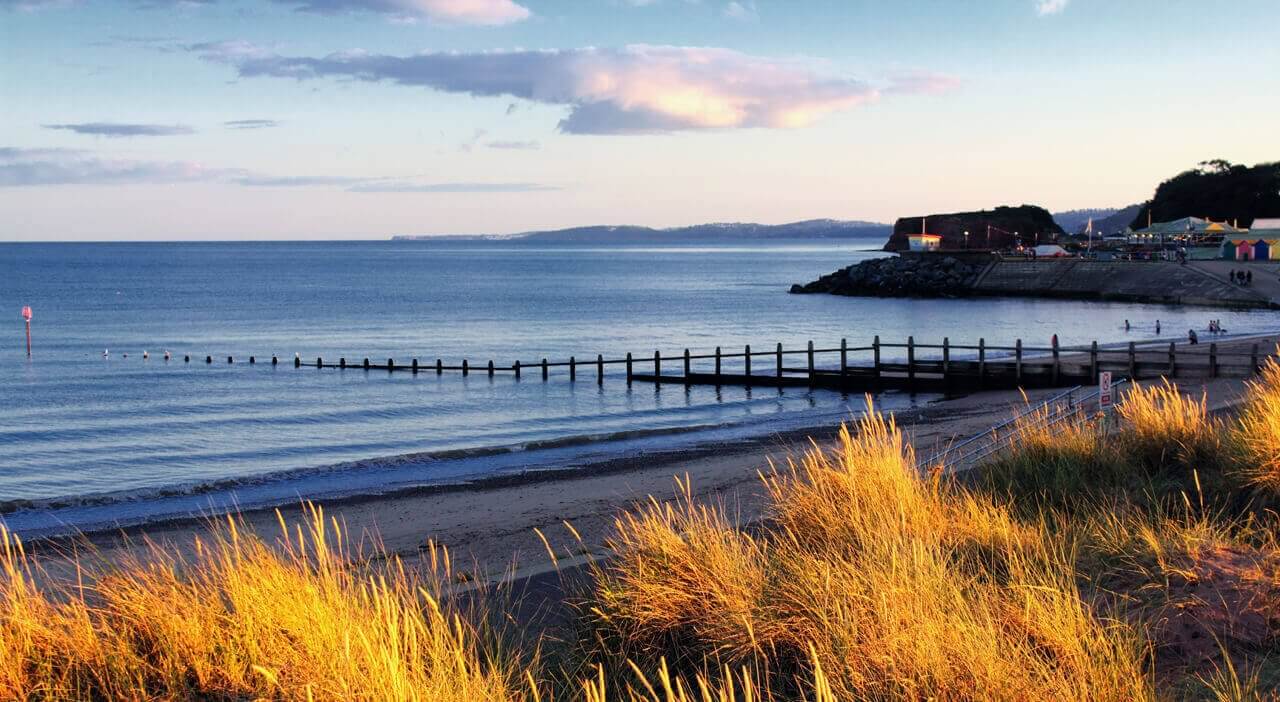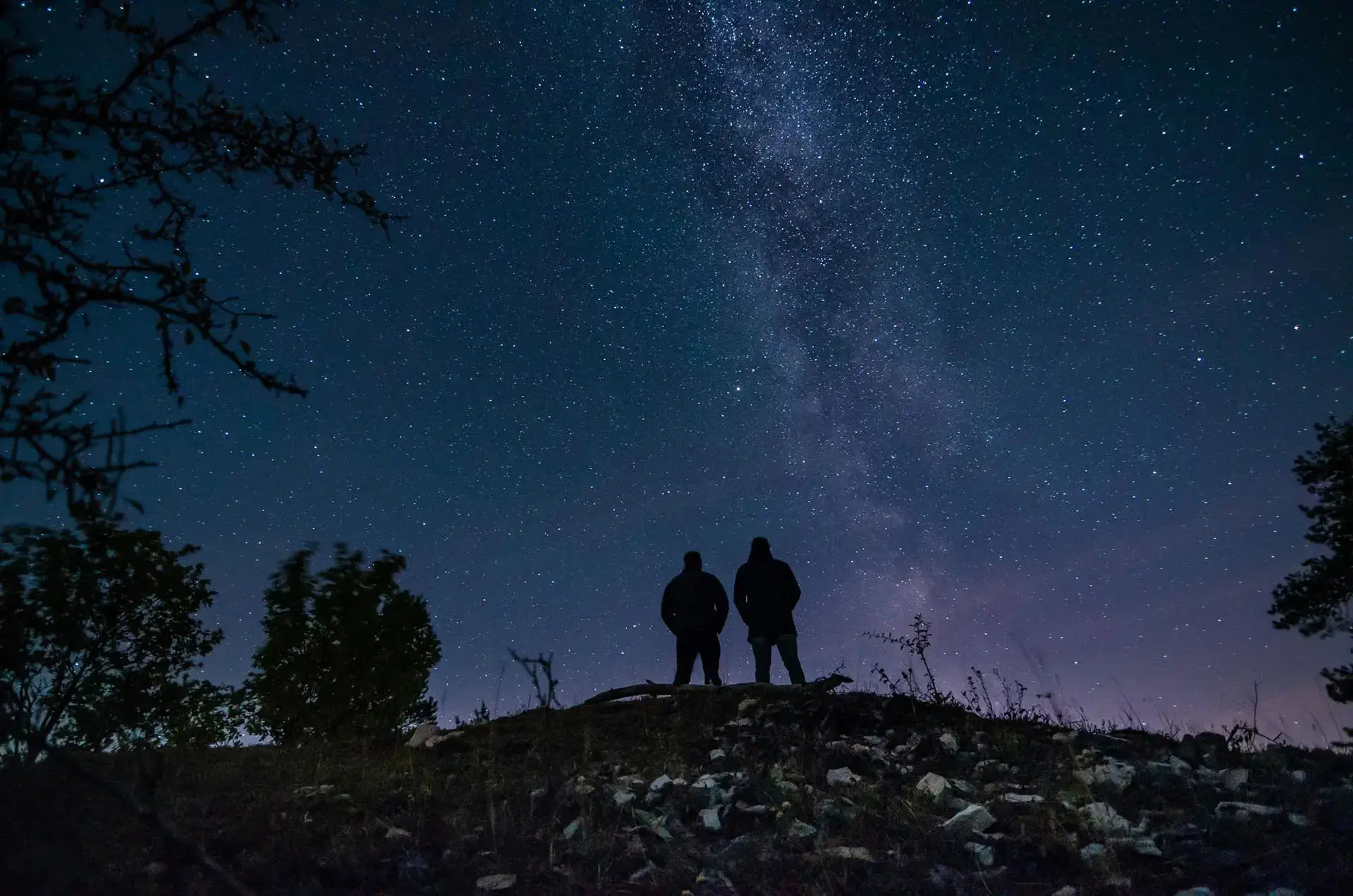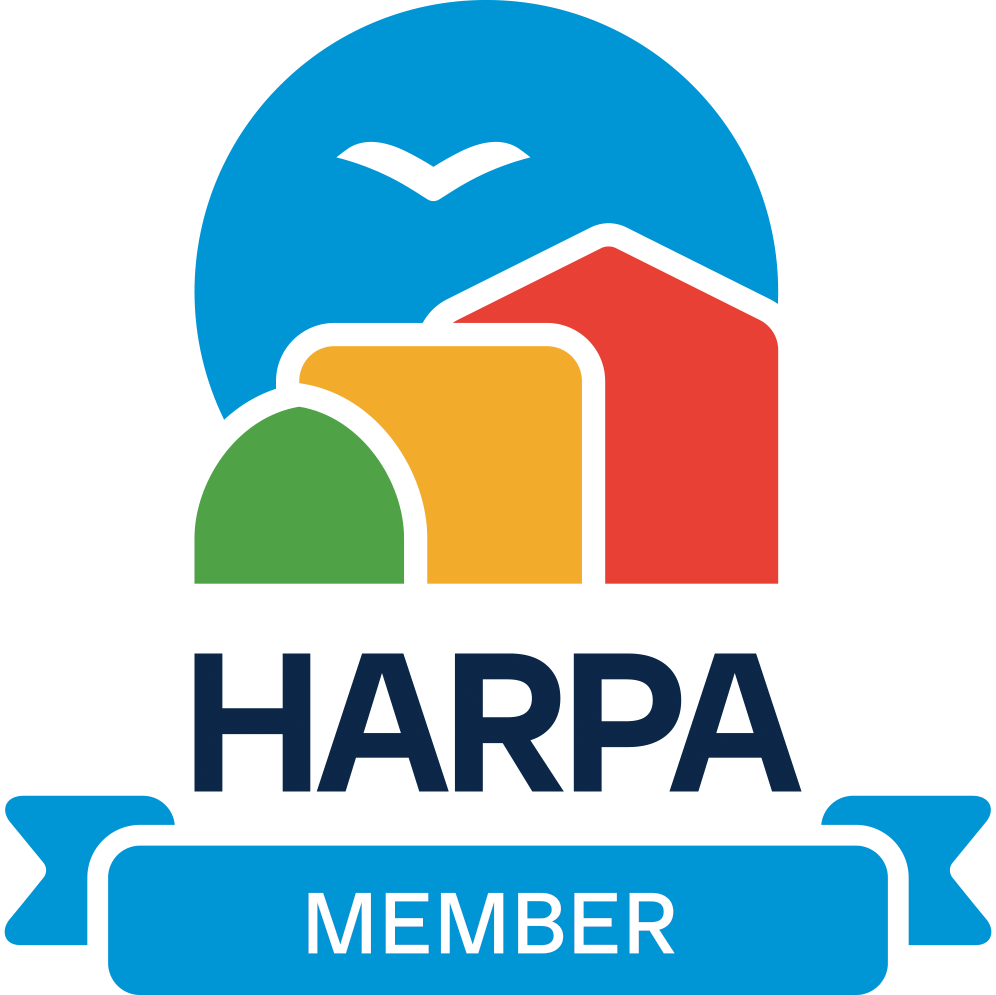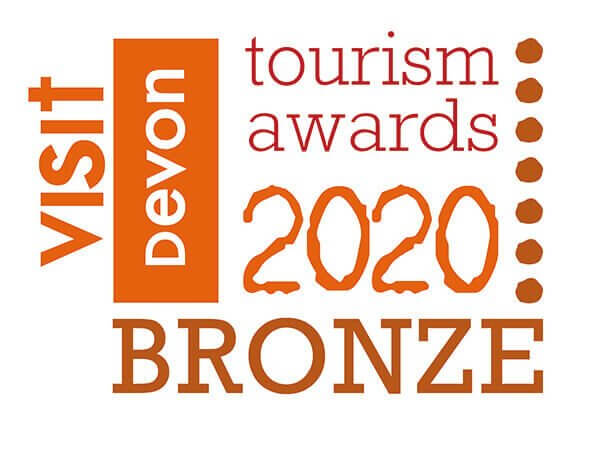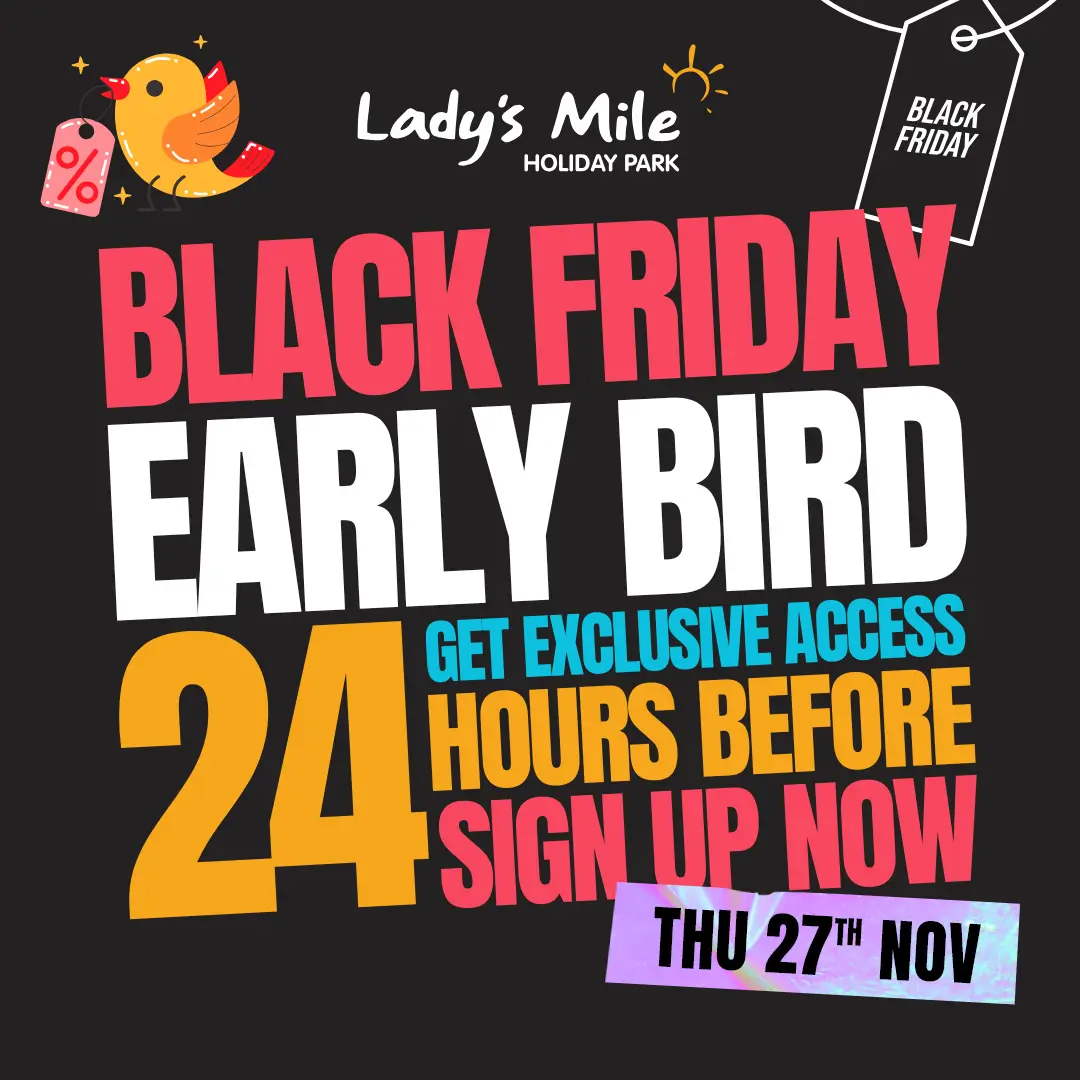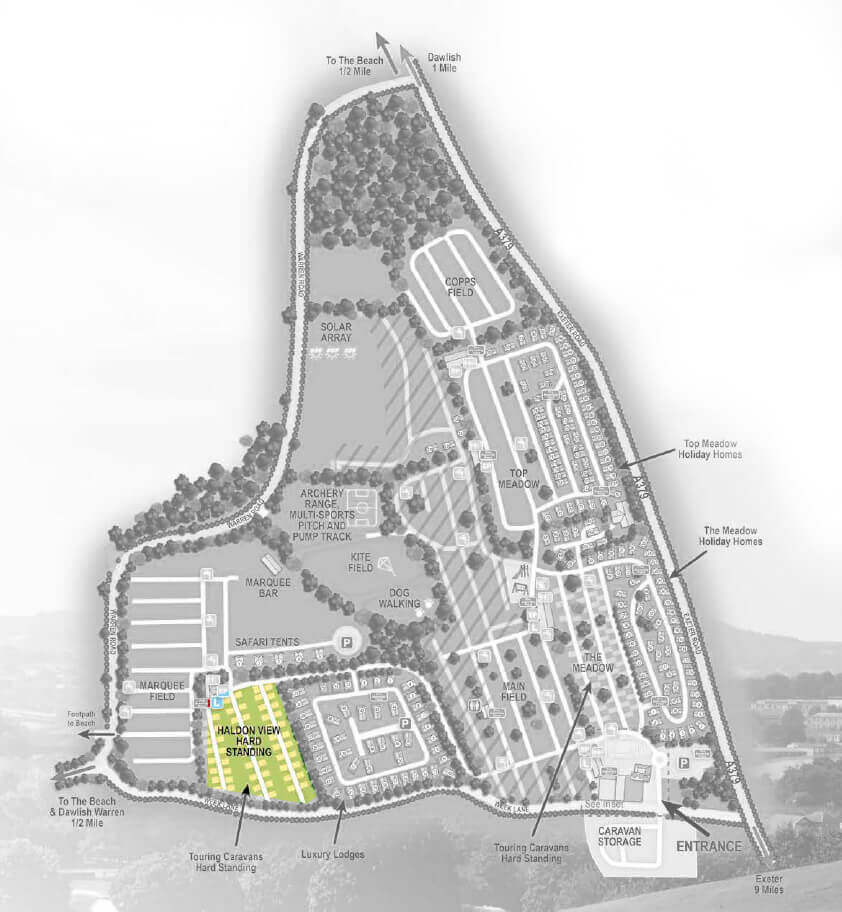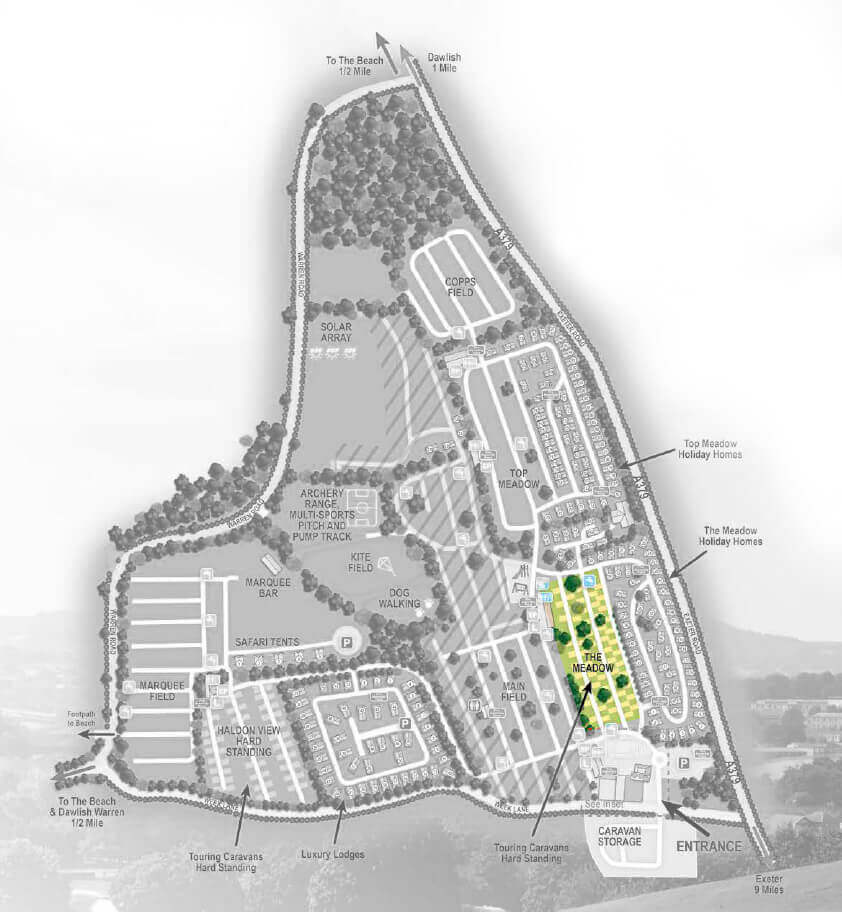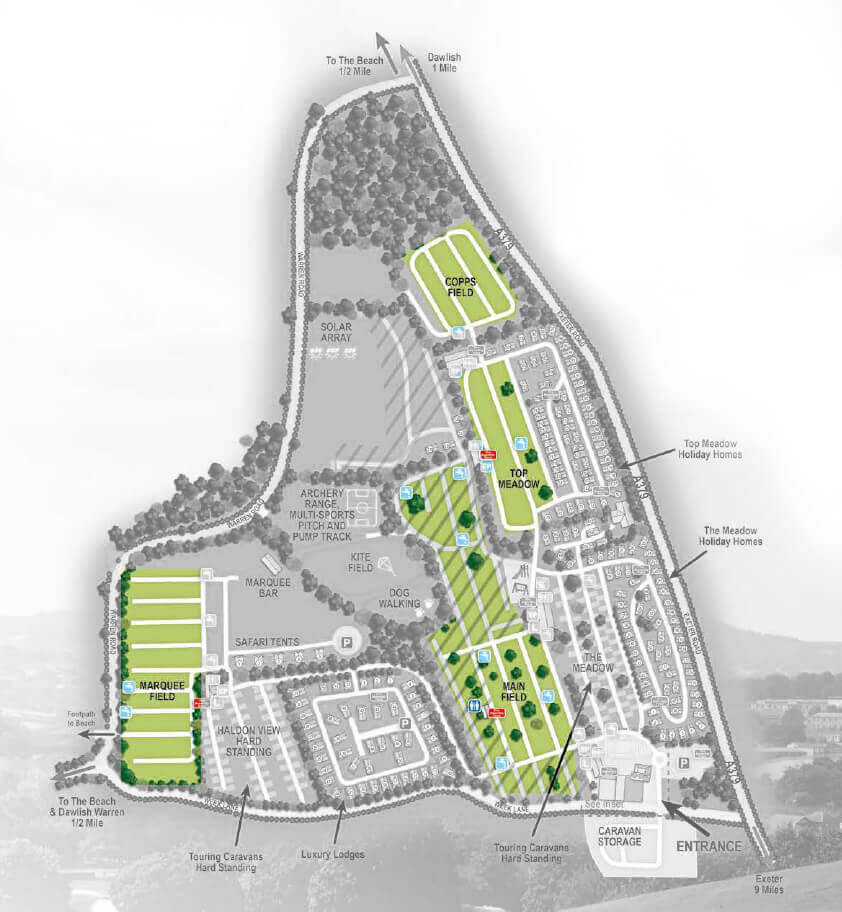If you’ve ever visited the Southwest of the UK, you will know that the further south you go, the thicker the accent gets. Because of this, we’ve put together our guide to understanding the Devon dialect!
As a key summer holiday destination, tourists often get confused or offended by some of the residents’ dialects in Dawlish. Especially as Dawlish is such a close-knit community, it’s not hard to spot tourists on holiday amongst the locals.
Much like any other area of the UK, Devonshire dialect varies from place to place. While some phrases are specific to the Dawlish area, a lot of the lingo used in Dawlish is familiar across Devon in one variety or another.
The next time you plan to visit Dawlish, it would help to know some basic Devonshire dialect so you’re not having to use sign language. So, here are some of the most common words and phrases to get you started with understanding the Devon dialect!
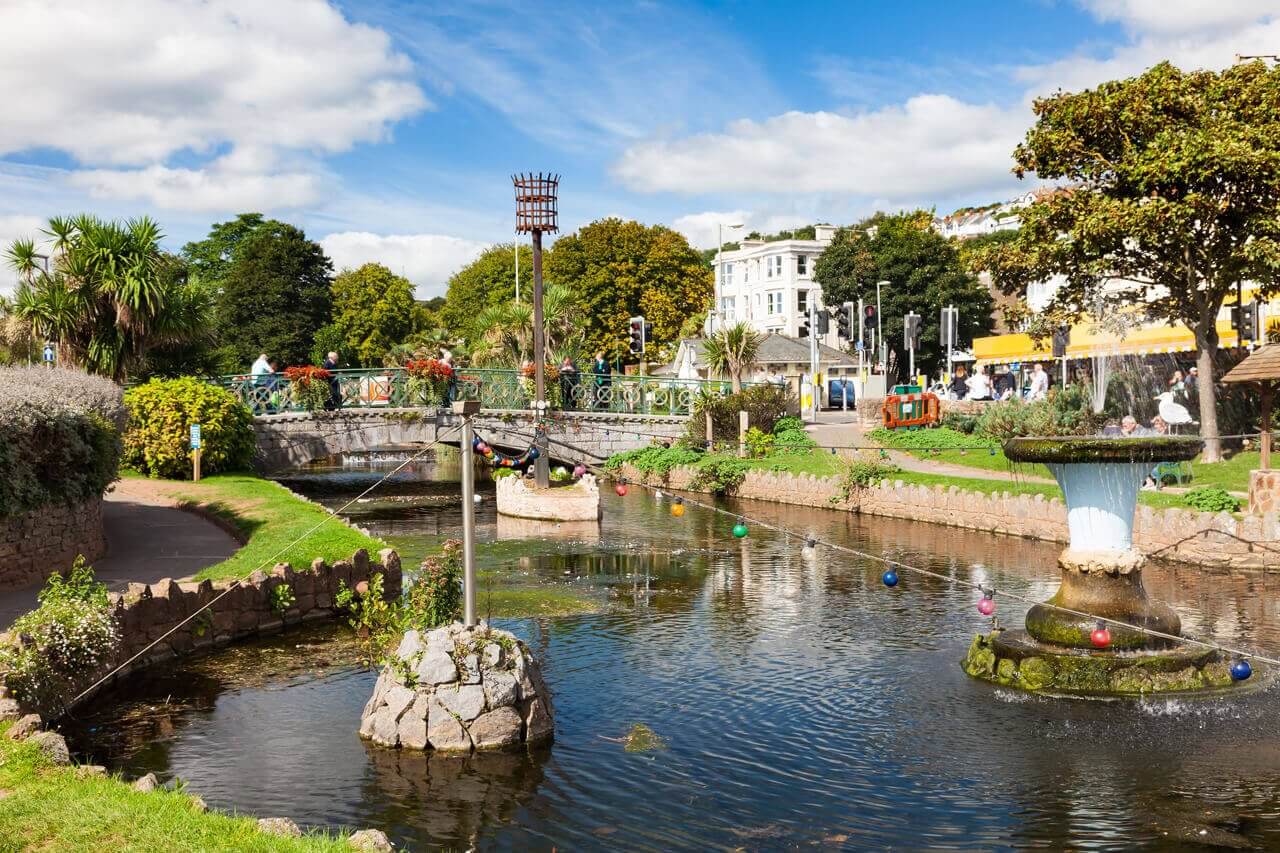
Devon Vs. Cornwall
When people refer to the Southwest, they usually group Devon and Cornwall. But the neighbouring counties often clash with their varied dialect and traditions.
Like most things in the Southwest, people refer to the dialect used in Devon and Cornwall as farmers’ talk. However, if you listen to the two dialects separately, you will notice differences in accents and common phrases.
For example, Cornish people refer to tourists as ’emmets’ while Devoners prefer ‘grockle.’
Where Does Devon Dialect Originate From?
Many of the locals living in Dawlish have ancestral connections to the area dating back hundreds of years. This is why their accents are so strong and the dialect is so recognisable. Where did the dialect come from, and how did it become what locals use today?
Devon dialect had had various influences over the years, but some words can be traced back to Old English – specifically Celtic. This is why understanding the Devon dialect can be difficult in certain areas!
Devon has always had isolation from the rest of England. When the Anglo-Saxons invaded Britain, Devon was one of the last places to be reached. Even then, the Anglo-Saxons took their time raiding the Southwest, so their dialect did not catch on as quickly in Devon as it did in other areas of Britain.
The slow invasion meant that the prominent Celtic dialect did not fade until well into the 19th century. As a result, Devon was one of the last places to use the Celtic dialect. This is why you can still hear many of the words and phrases used in Devon today.
Once the Anglo-Saxon language did start becoming the standard dialect in Devon, the locals still preserved some of their accents and phrases. This mix led to a mash-up of Anglo-Saxon-Celtic dialect, resulting in the modern Devon dialect used by the local Dawlish residents.
Devon Dialect Characteristics
Old academic linguistics have often insulted the people of Devon as they have claimed that the slower speaking dialect tendencies correlate with lower IQs. However, this prejudiced claim is untrue.
Devon dialect does tend to be slower as the individual vowels of words are extended and more distinct. There’s also a lot more stress on the letter ‘r’ within terms, and they replace ‘f’ with a ‘v’ pronounced.
Common Devon Dialect
So, what are some common phrases or words you can expect to hear when you visit Dawlish?
‘Where’s it to?’
A varied way of asking where something is or where something can be found, and they say this about a place or item.
‘e’ or ‘er’
You will probably hear these words most often as Devon people will use them in place of others. They are not exclusive to a specific phrase or tense, but Devon people will use them when talking about somebody else. For example, ‘e’s’ or ‘er’s’ mean his or hers. It’s also worth noting that they refer to objects often with an ‘e.’. If you were going to put down a drink, you might say ‘put e’ there.’
‘Wasson’
A shorter version of “what’s going on”. When talking to strangers and friends, Devon people use this phrase when asking what’s happening. It’s a widespread phrase, and you’ll find some people outside Devon use it, so you won’t get many odd looks if you use it yourself.
‘Alrite my luvver’
It doesn’t matter if you are a stranger, friend, or someone’s partner, luvver (lover) is used widely as a term of endearment all over Devon. It’s not exclusive to any gender, so it’s unnecessary to feel offended if someone calls you luvver. As such, ‘alrite my luvver’ is as much of a greeting as ‘how are you doing?’
‘Maid/ bey’
These are more gendered words, but there’s no limit on the age or relationship status. Neither are they derogative expressions. For example, they use ‘Maid’ in place of a woman and ‘bey’ a man.
‘Backalong’
If you ever find yourself listening to a local’s story, they will most likely use ‘backalong’ when talking about something that happened a long time ago. There’s no definitive time window for when it refers to, but it means a time that has passed.
‘Helluva’
Perhaps one of the more recognisable Devon phrases, it’s an abbreviation of ‘hell of a’, which means a lot of or very. So, for example, ‘there a helluva lot of people.’
‘Up north’
The only thing further South of Devon is Cornwall. So to locals, anywhere past Somerset is classed as the north to Devon. So, if one of the Dawlish locals asks if you are from up north unless you are from Cornwall, then yes, you are.
‘Goed’
A past tense way of saying I went to, hence the ‘ed’ attached to the end of go.
‘Dreckly’
If something is not urgent or doesn’t need tending to straight away, then Devonshire folks may say, ‘I’ll do it dreckly’. This means that the thing will get done, but they will do it in their own time, thank you very much!
‘Proper job’
A stand-alone phrase can mean good or a job well done.
If you enjoyed our guide to understanding the Devon dialect, you might like our other blogs. Find them here.

